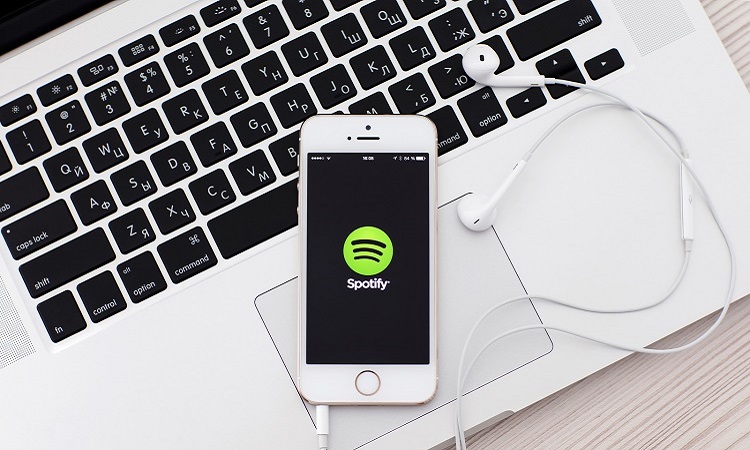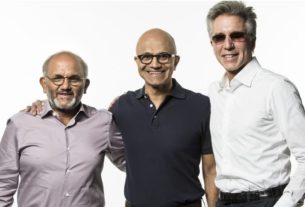Last week I wrote about the sharing economy, a new business model centred around ordinary folks making money by renting their underutilized assets to complete strangers. This week, I’m going to talk about another new business model that’s taking the artistic and performing arts industry by storm.
As the case with the sharing economy, in the streaming economy, access to a creative work is more important than ownership. Why, for example, do you need to own a song when you can hear it online through the cloud, anytime you want? The near ubiquity of mobile Internet access has made the streaming economy happen.
Even here in Malaysia, it’s already very common for music and TV/movie fans to stream their favourite songs and shows. But overseas you’ve also got people conducting live seminars online (called webinars) and even – believe it or not – live theatre, which is struggling to survive in its current form.
Los Angeles-based theatre producer-director Jennifer Cotteleer and her collaborators in early November live-streamed, for US$7.99 per stream, their inaugural production of The Noir Series, which consists of four thematically-connected acts. She is hopeful that these streaming efforts could eventually provide the economies of scale that will make small-stage theatre more than just a labour of love for LA actors.
But not everybody’s in love with streaming. Taylor Swift, today’s best-selling artist (her new “1989” album is the first to go platinum this year, with 1.287 million copies sold in its first week alone), has actually yanked all her albums from Spotify, the popular music streaming service.
While the music industry has, by and large, embraced streaming as a business model, Swift prefers to sell music the traditional way: through CDs. “There are many (many) people who predict the downfall of music sales and the irrelevancy of the album as an economic entity,” she wrote in an opinion piece in the Wall Street Journal in July. “I am not one of them.”
It’s very understandable why she would be against the streaming model, which pays artists a fraction of what they are used to receiving. According to an article in Time magazine, artists receive between US$0.006 and US$0.0084 each time someone streams their songs.
Still, many artists accept streaming as an economic reality they have to accept. It’s better to receive some money than none at all. If fans cannot get access to their music through these streaming services, they might download them for free through illegal file-sharing sites.
Swift, who is truly a megastar, can afford to snub streaming services because her albums actually sell… by the truckload. That’s not the case for most artists.
Even an artist like Beyonce does not completely shun streaming. When she pleasantly surprised the industry and her fans by releasing her album out of the blue in December 2013, he kept it off Spotify so that people would be encouraged to download the album through iTunes. And people did… also by the truckload. The difference with Swift is that Beyonce didn’t yank her earlier albums. She even eventually released her singles on Spotify.
Swift’s popularity might allow her to actually sell physical CDs and digital downloads but she is going against the industry trend – and not to mention, the inclination of her young fans, who generally prefer to stream music rather than own it.
No less than web video juggernaut YouTube has just announced that it will soon be offering a premium music streaming service, which will eventually entail a monthly subscription of US$9.99 per month.
“You’ve watched, shared, remixed, invented, parodied and whatevered your favorite songs, making YouTube the ultimate place for artists and fans to connect,” the company wrote in a blog post. “We’re making it easier to find new music on YouTube and rock out to old favorites.”
Taylor Swift notwithstanding, the streaming economy is here to stay and the Malaysian creative performing arts industry as well as its artists would do well to embrace music and video streaming. It’s how today’s generation consumes content.
Oon Yeoh is a new media consultant




